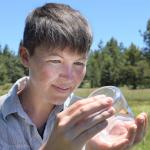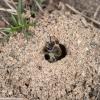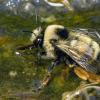Every year, the Xerces Society gives out at least two DeWind Awards to students pursuing research into Lepidoptera conservation. Established by Bill DeWind in honor of his wife Joan, these awards help support the next wave of butterfly and moth conservationists. This year, we are excited to announce our winners: Katie McManus and Remy Sutherland.
Katie McManus
McManus, a PhD student at Temple University in Pennsylvania, is investigating how different land uses and intensities affect butterfly population connectivity and genetic structure.
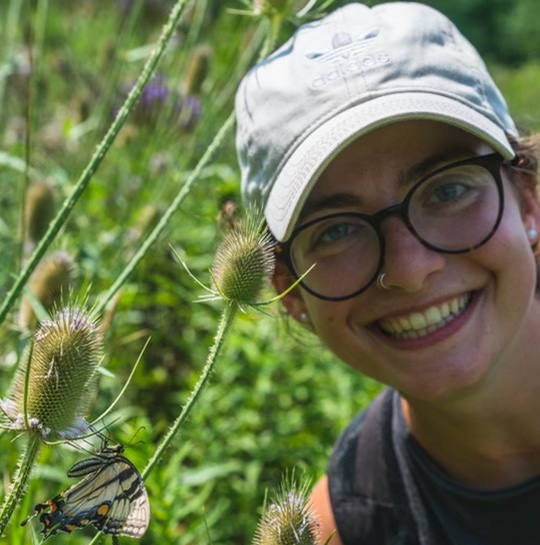
In particular, her research asks: how is population connectivity hindered by human land use? And what does this mean for the future of butterflies in fragmented landscapes? McManus’ research will not only help us answer these questions, but provide important information to help inform management strategies for butterflies and other pollinators.
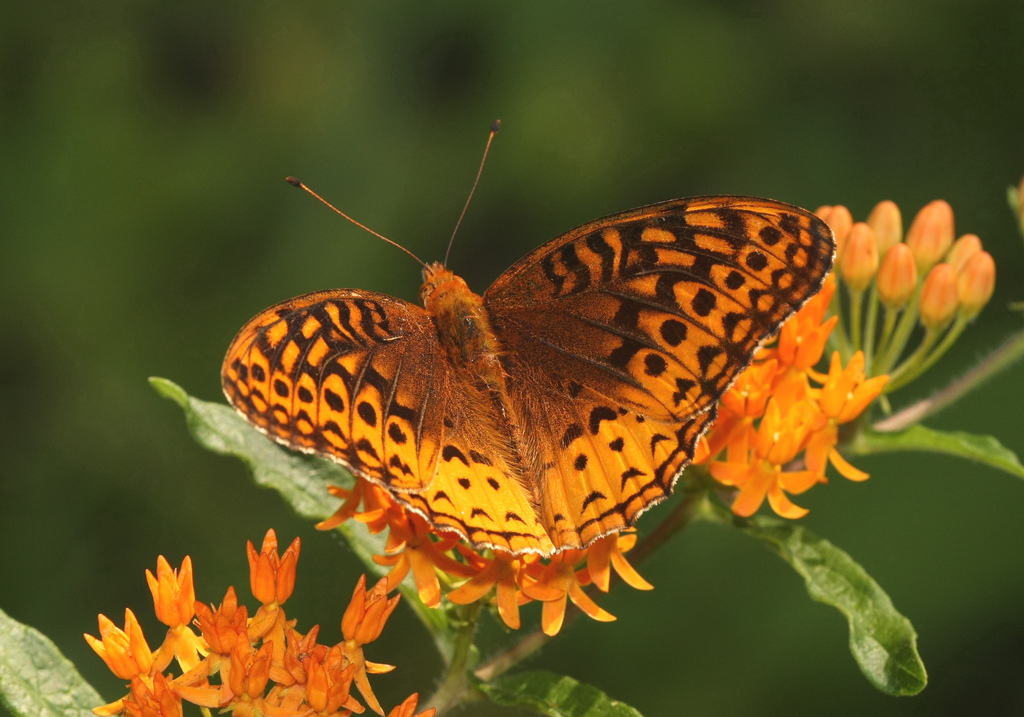
Remy Sutherland
Sutherland, a master’s student at Oregon State University, is focusing his research on the impacts of invasive ant species (particularly fire ants) on first-generation monarch butterfly reproductive success. Eastern monarch populations have declined dramatically in the last two decades, and decreased survival of eggs and larvae may be contributing to these trends.
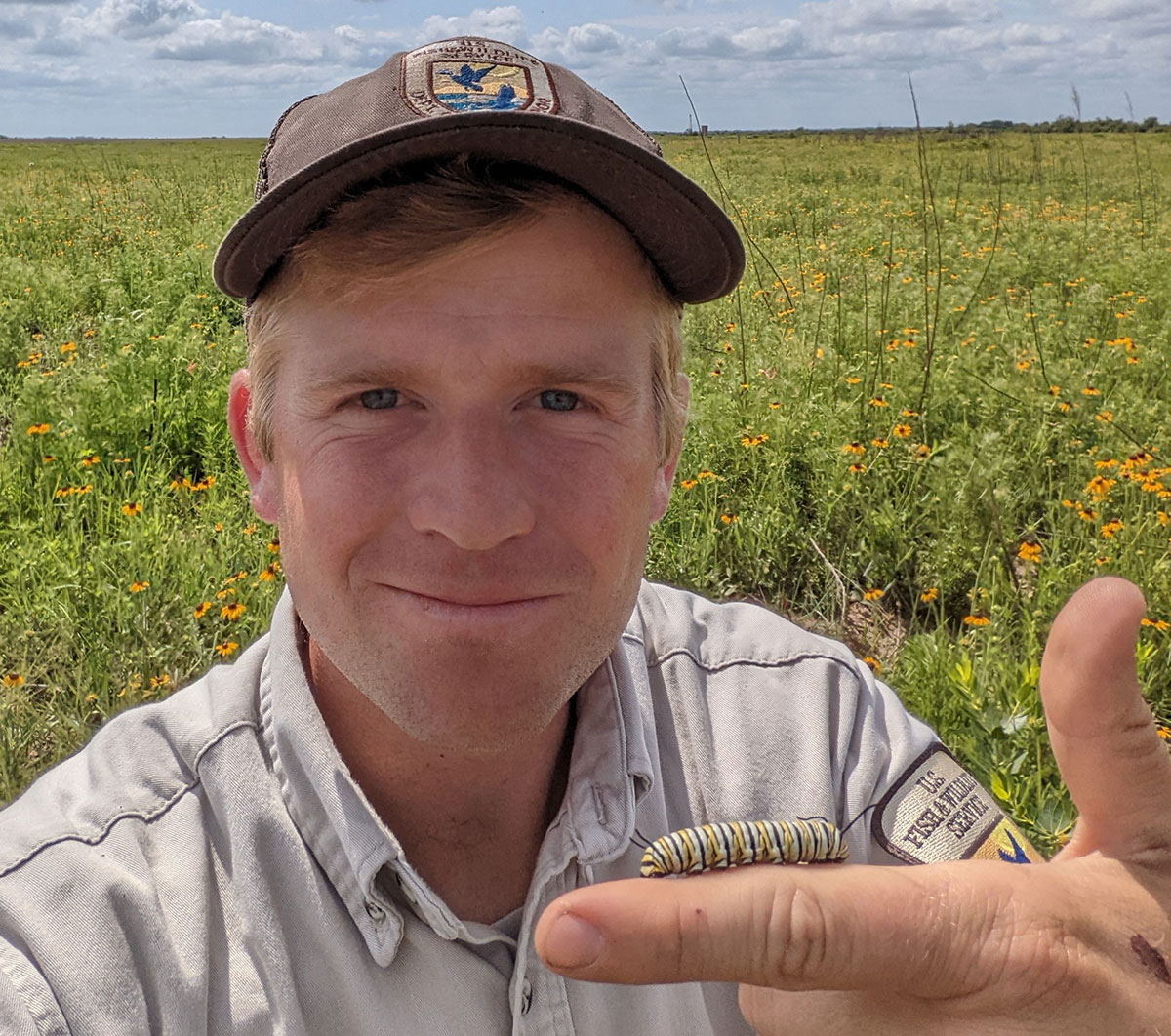
Working in a coastal prairie in southeast Texas, where first-generation monarchs can be found following the overwintering season, Sutherland will use field surveys and Bayesian models to evaluate the effects of environmental characteristics, management practices, and arthropod community dynamics on oviposition (egg-laying) preferences and larval survival. This research could shed light on how invasive ant species might be impacting monarch reproductive success early in the season, with potential implications for land management strategies.
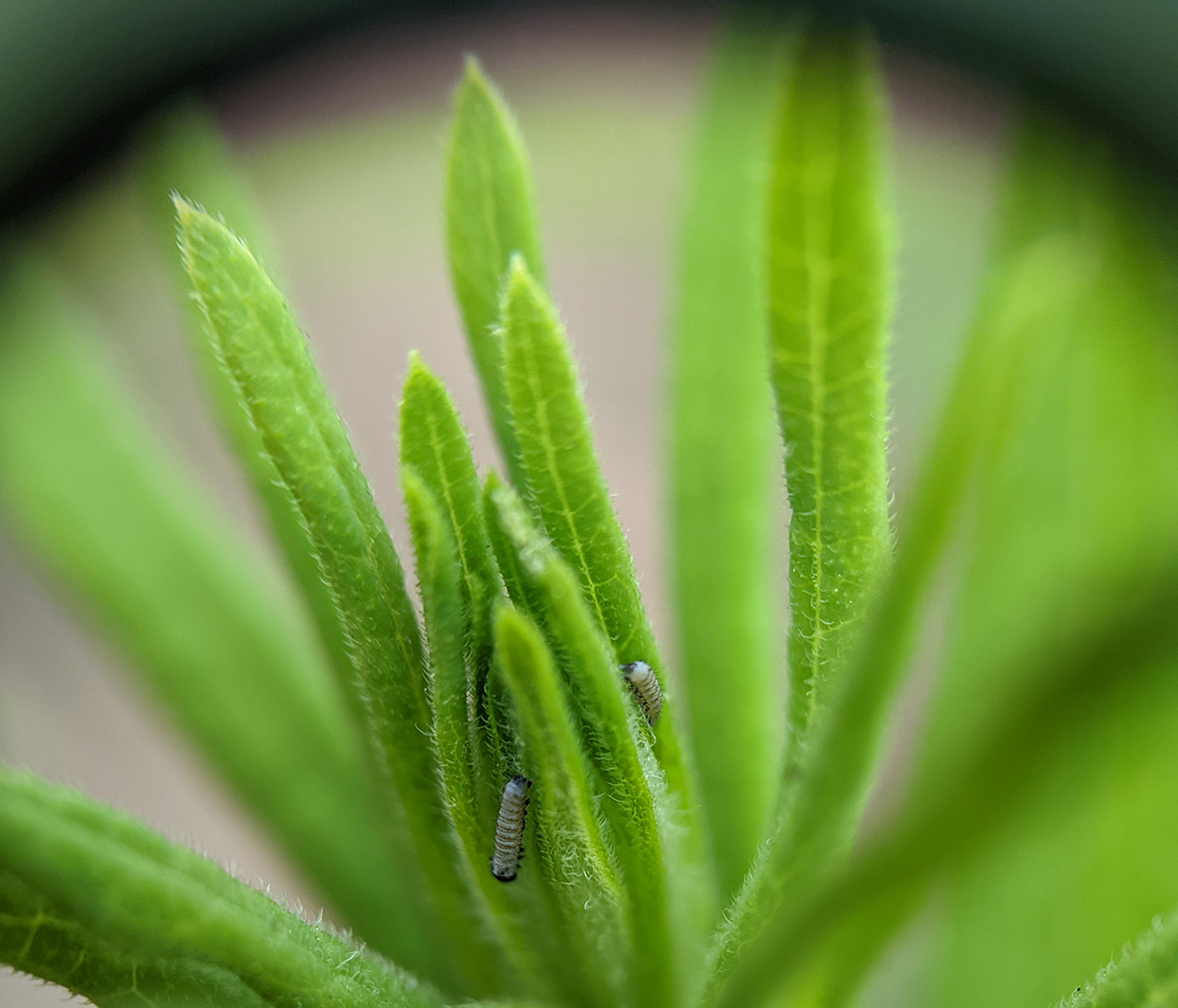
More Information
- Read more about the DeWind Award and related frequently asked questions. The application period for the 2024 DeWind Awards will open in November 2023.
- Read about previous awardees and check out some of the publications that have resulted from DeWind-supported research.

